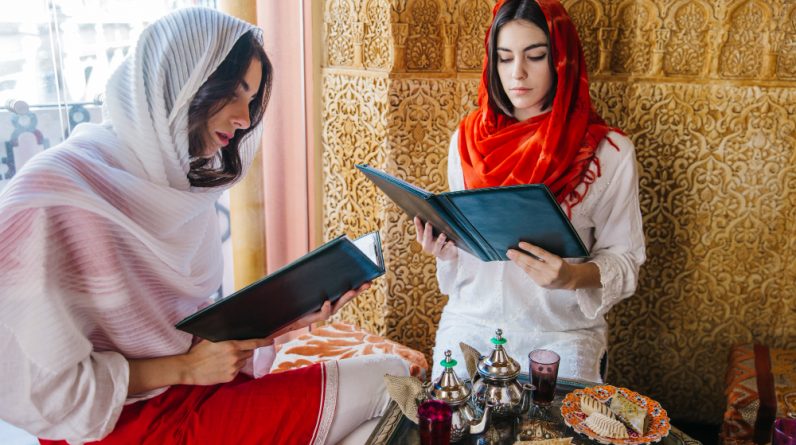
Introduction
Mansa Musa, the legendary ruler of the Mali Empire in the 14th century, is often celebrated as one of the wealthiest individuals in history. Beyond his immense wealth, he left a profound legacy on education, transforming his empire into a beacon of knowledge and scholarship. This article explores Mansa Musa’s contributions to education and how his vision shaped West Africa’s intellectual landscape.
Mansa Musa’s Vision for Education
Establishing Timbuktu as an Educational Hub
Mansa Musa envisioned Timbuktu as more than just a trade center—it became a flourishing hub of learning. His efforts elevated the city to global prominence, attracting scholars, students, and intellectuals from across the Islamic world.
Role of Islamic Influence in Education
Islam played a crucial role in Mansa Musa’s educational reforms. His pilgrimage to Mecca not only demonstrated his piety but also connected him with leading Islamic scholars, whom he invited to his empire to share their knowledge and expertise.
The Construction of Educational Institutions
The Sankore University
One of Mansa Musa’s most significant contributions was the establishment and expansion of the Sankore University in Timbuktu. This institution became a center of advanced learning, offering studies in theology, astronomy, medicine, and law.
Development of Madrasas and Libraries
Under Mansa Musa’s reign, numerous madrasas (Islamic schools) and libraries were built. These institutions housed thousands of manuscripts, preserving knowledge for future generations.
How Architecture Supported Learning
The architectural design of these institutions prioritized learning. Spacious courtyards and halls provided an ideal environment for discussions and lectures, reflecting the importance placed on education.
Promotion of Knowledge and Scholarship
Recruitment of Scholars
Mansa Musa invited scholars from across the Islamic world to teach in Timbuktu. This influx of intellectuals enriched the curriculum and established the city as a global knowledge center.
Support for Manuscript Writing and Preservation
Mansa Musa funded the transcription of manuscripts, ensuring the preservation of vital knowledge. These manuscripts covered diverse subjects, including science, philosophy, and literature.
Subjects Studied and Taught
The curriculum in Timbuktu was comprehensive, encompassing religious studies, mathematics, astronomy, medicine, and more. This multidisciplinary approach fostered well-rounded scholars.
The Economic Foundation of Education
Funding from Mansa Musa’s Wealth
Mansa Musa’s immense wealth, derived from gold and trade, was channeled into education. His financial support ensured that institutions thrived and scholars were adequately compensated. By leveraging his empire’s vast resources, he created a robust system where education could flourish without financial constraints.
Role of Trade in Spreading Knowledge
Trade routes facilitated the exchange of ideas and books, furthering Timbuktu’s reputation as a knowledge hub. Merchants played a key role in spreading Mansa Musa’s vision of education. Additionally, trade created a network where intellectual resources such as manuscripts and teaching materials could be shared across regions, fostering a culture of learning.
Economic Incentives for Scholars
Mansa Musa’s policies also included providing stipends and other incentives for scholars and educators, ensuring that they could dedicate their lives to teaching and research without economic hardships. This patronage system attracted some of the brightest minds to Timbuktu.
Long-term Impact on West Africa
Educational Legacy of Timbuktu
The institutions established by Mansa Musa laid the groundwork for Timbuktu’s enduring legacy as a center of learning, even centuries after his reign. The city became synonymous with knowledge, symbolizing intellectual achievement in Africa.
Influence on Neighboring Regions
Mansa Musa’s educational initiatives inspired neighboring regions to prioritize learning, spreading the culture of scholarship across West Africa. His efforts created a ripple effect, where other kingdoms adopted similar models of education, ensuring that the thirst for knowledge extended beyond the borders of the Mali Empire.
Cultural and Intellectual Exchange
By promoting education, Mansa Musa facilitated cultural and intellectual exchange, which enriched the diversity of ideas in West Africa. This exchange laid the foundation for a thriving intellectual tradition that influenced African societies for generations.
Conclusion
Mansa Musa’s contributions to education were transformative, establishing Timbuktu as a global center of learning and preserving knowledge for future generations. His investments in institutions, scholars, and manuscripts created a legacy that positioned West Africa as a beacon of intellectual achievement. Today, his vision serves as a testament to the power of education in shaping societies and fostering cultural and intellectual growth. Mansa Musa’s story reminds us that true wealth lies not only in material riches but also in the enduring impact of knowledge and learning.
FAQs
Why is Mansa Musa significant in history?
Mansa Musa is celebrated for his immense wealth and transformative contributions to education, trade, and culture in West Africa.
What was the importance of Timbuktu under Mansa Musa?
Timbuktu became a global hub of learning and scholarship, attracting intellectuals and preserving vast amounts of knowledge.
How did Mansa Musa fund education?
He used his wealth from gold and trade to establish and support educational institutions, scholars, and manuscript preservation.
What subjects were taught in Timbuktu?
Subjects included theology, astronomy, medicine, mathematics, philosophy, and law, reflecting a comprehensive approach to education.
How does Mansa Musa’s legacy influence modern education?
His emphasis on knowledge and scholarship laid the foundation for intellectual growth, inspiring educational values that persist today.





